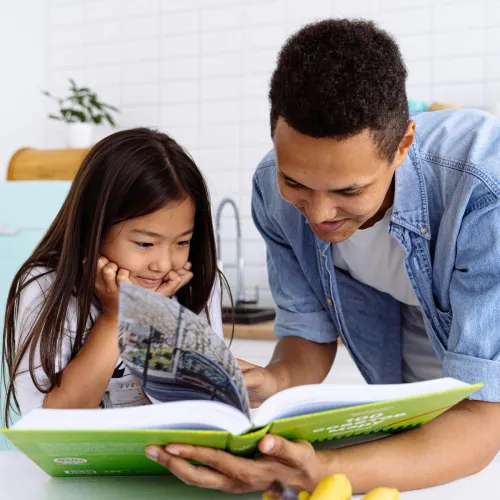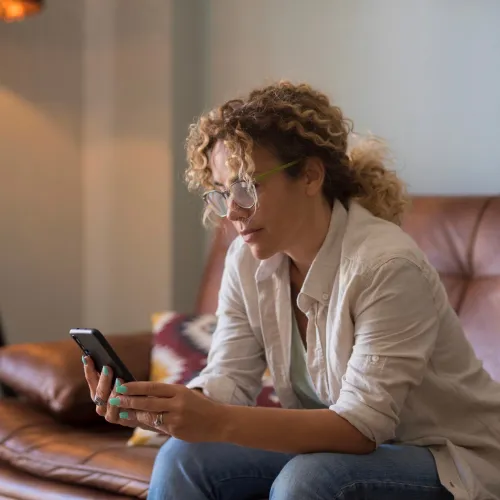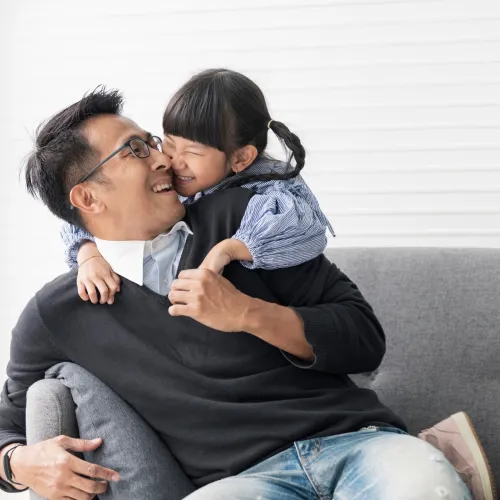OurFamilyWizard Blog
Insights and Advice for Conflict-Free Co-Parenting
Featured

Sometimes, you absolutely need a divorce lawyer. Other times, you don’t really need a family law…
Recent

Even if your co-parent shows narcissistic behaviors, telling your attorney or judge that they’re a…

Custody experts explain how narcissistic traits show up in co-parenting, and they share strategies…

Custody experts explain how joint legal custody and shared decision-making really work. They…
Mastering your parenting schedule
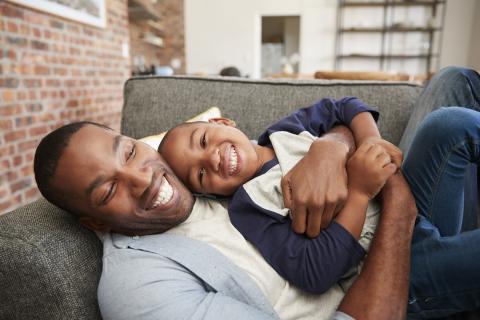
Using the best co-parenting calendar is essential for preventing conflict after a divorce or…
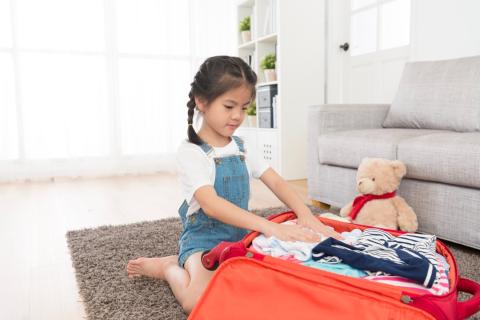
Katharine Rupp, a family law attorney who is also a co-parent, shares ideas for making co-parenting…

For many parents, a parenting schedule is a crucial element of your overall co-parenting…
